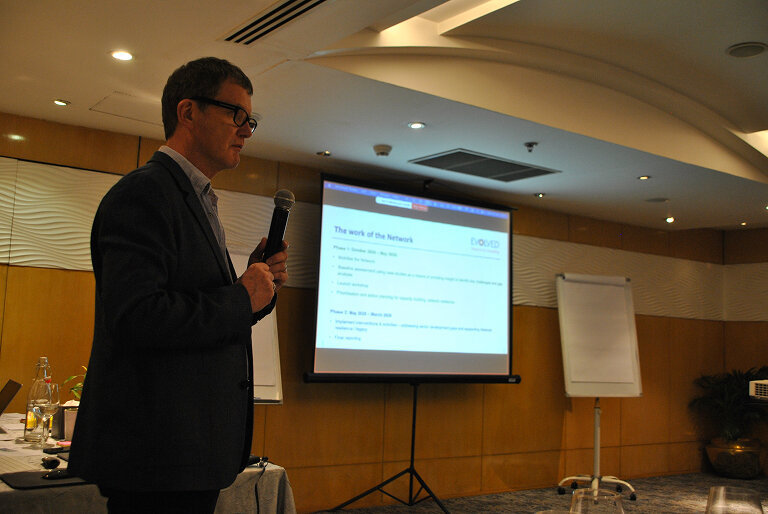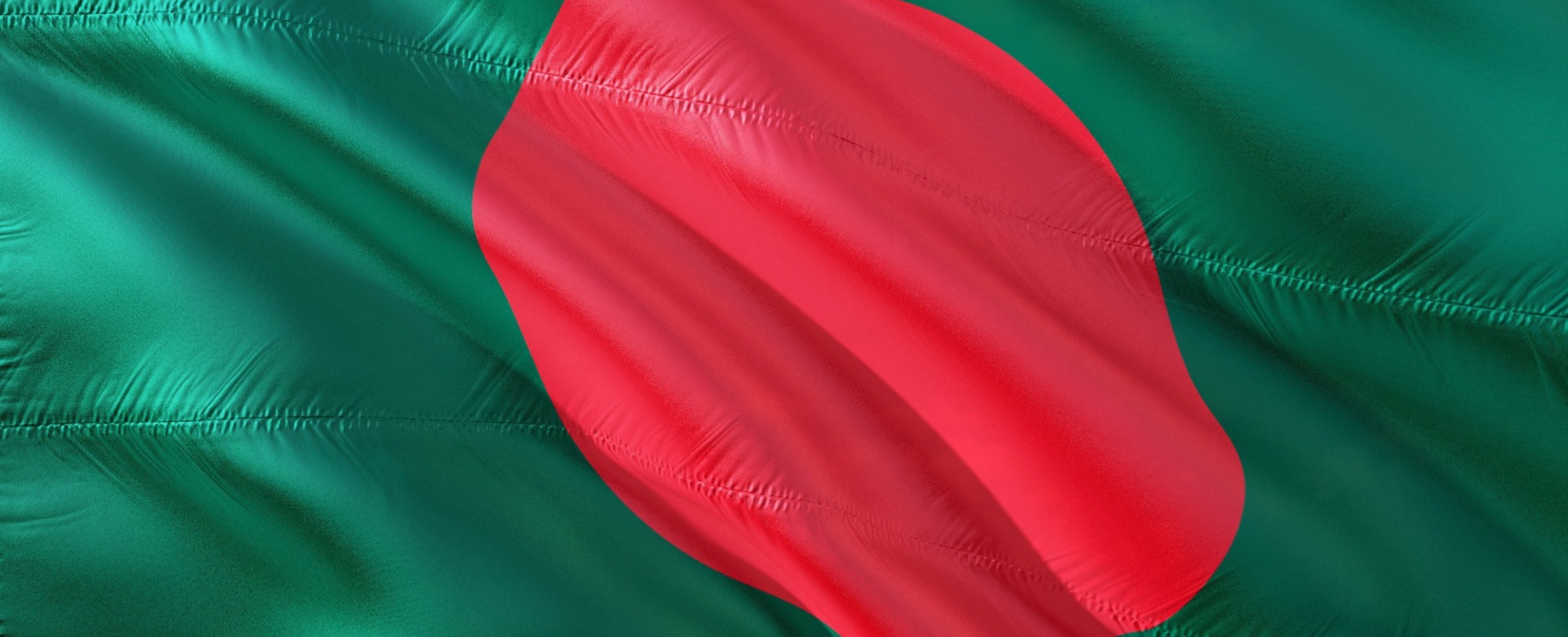This project aims to create a network of a
wide range of organisations and institutes involved with brackish water/marine
crustacean and finfish aquaculture in Bangladesh. It will also conduct comprehensive desk reviews to
gather and synthesize existing literature and data related to brackish water
and marine aquaculture in Bangladesh and identify gaps and actions needed. A further outcomes will be the dissemination
of knowledge, training, advice and guidance to aquaculture farmers, including
women and youth, and communities in Bangladesh.
The project is part of the Ocean Country
Partnership Programme and is funded through official development
assistance (ODA) as part of the UK’s £500 million Blue Planet Fund and is being
managed by the Centre
for Environment, Fisheries and Aquaculture Science (Cefas).
ERC
is working with MacAlister Elliot and Partners and partners in Bangladesh
including Institute
Of Bay of Bengal and Bangladesh Studies (IBBBS), Bangabandhu Sheikh Mujibur
Rahman Maritime University (BSMRMU), The Bangladesh Shrimp and Fish Foundation
(BSFF), Bangladesh Fisheries Research Forum (BFRF), Khulna University, Shushilan, Jagorani Chakra Foundation and Fishbyte. These organisations all form part of
the steering group for the project and have met monthly since November 2024.
Partnership working is central to this work
with a key focus being to embed resilience into the Bangladesh Aquaculture
Network so that it enables sustainable and transformative change beyond the
current OCPP funding period. This would
be the legacy of the OCPP funding.
The project is focused around three ‘requirements’:
brackish water/marine crustacean aquaculture, brackish water/marine finfish
aquaculture, and value chains. Baseline assessment of each of these will provide
a thorough understanding of the current state of play across production,
environmental impact, the regulatory and policy environment, climate change
vulnerability, market access and value addition, economic resilience and social
impact. The assessments will highlight areas requiring improvement or development
including policy reform, regulatory frameworks, production processes,
technological or infrastructure investments and capacity building.
Prioritisation of these gaps and needs will inform activities for the Network
in Phase 2 of the project. These assessments are under way and a project plan
is in development which will address issues identified through the assessment
including priority areas, actions and activities for capacity building,
education and knowledge exchange.
Gender equality and social inclusion (GESI)
are essential components for the sustainable and equitable development of the
aquaculture sector. Ensuring that all people, regardless of gender, age,
ethnicity, or social background, have equal opportunities to participate in and
benefit from aquaculture activities can contribute to improved livelihoods,
economic resilience, and overall community well-being. A baseline assessment of
GESI will focus on understanding the current participation of diverse social groups
in aquaculture, identifying barriers to their involvement, and recommending
strategies to promote equity and inclusion.
A final report will be produced in February
2026 which will include details of the outcomes and impacts.

Workshop in Dhaka February 2025













